√70以上 exocrine pancreatic insufficiency poop 847963-Exocrine pancreatic insufficiency puppy
Exocrine pancreatic insufficiency (EPI) is the shortcoming to correctly digest meals because of a scarcity of digestive enzymes made by the pancreas EPI is present in people with cystic fibrosis and Shwachman–Diamond syndrome, and is widespread in canines Persistent pancreatitis is the most typical explanation for EPI in people and catsEPI is associated with certain diseases and conditions that affect the pancreasExocrine pancreatic insufficiency (EPI) is a condition that happens when there's a problem with your pancreas, mainly with how well it helps you digest food Your pancreas makes enzymes that break down the fats, proteins, and starches you eat so your body can use them What does EPI poop
/diarrhea-after-eating-1944811-01-5bc5fa3446e0fb0026c414bf.png)
Causes Of Diarrhea After Eating
Exocrine pancreatic insufficiency puppy
Exocrine pancreatic insufficiency puppy- People with EPI cannot absorb all of the fat that they eat The undigested fat that passes through the digestive system may cause oily or greasylooking stools These stools may also smell really bad, float, and be difficult to flush Not all people experience steatorrhea, but it is the most common sign of EPIExocrine Pancreatic Insufficiency (EPI) by Hilary Kiell Anytime you hear your pet is sick, or needs treatment it is a scary confusing time EPI dogs can continue to live a full life and do all the activities they did before, EPI, in and of itself, when treated , does not shorten a dog's lifespan, The key is successful management
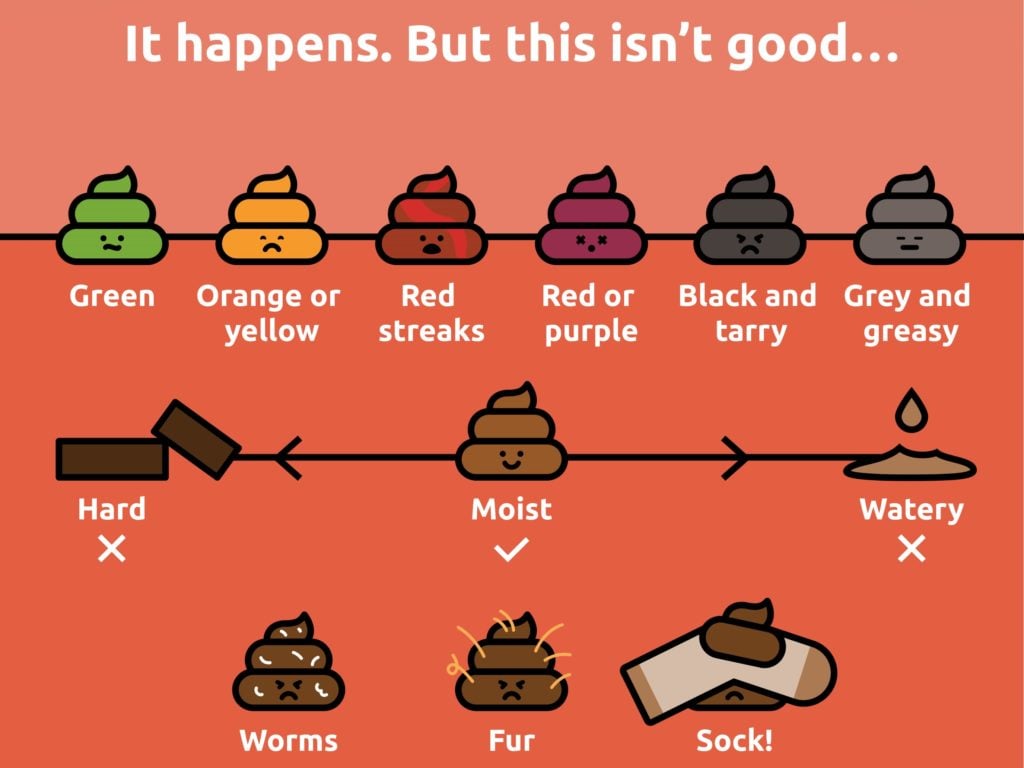



Upkuxzikooip4m
EPI is a lifelong condition Treatments focus on getting your body the nutrients it needs to maintain good health Treatments include Pancreatic enzyme replacement therapy (PERT) This prescription medication is a substitute for the missing digestive enzymes You take PERT with meals to help your body breakPancreatic insufficiency (PI) may be an extraintestinal manifestation of inflammatory bowel diseases (IBD) We report the results of a crosssectional study that was carried out to investigate both the prevalence of PI in IBD patients and its clinical course overWhen the pancreas doesn't produce enough enzymes, it can create symptoms that mimic irritable bowel syndrome Dr Alejandro Suarez says it's really EPI
Top best answers to the question «How is exocrine pancreatic insufficiency treated in dogs» Answered by Laurine Jast on Wed, 413 AM Highly digestible, low fat diets together with pancreatic enzyme replacement (Viokase®, Pancreazyme®, PankAid) will usually stabilize the conditionPica and coprophagia in cases of exocrine pancreatic insufficiency and chronic intestinal diseases, pica and coprophagia (ie eating inorganic material and feces, respectively) can be observed Pica can be observed when the dog repetitively eats abnormal objects or even if Exocrine pancreatic insufficiency (EPI) is a rare digestive disorder that's tied to other conditions, including chronic pancreatitis and cystic fibrosis Learn about the causes of
What is exocrine pancreatic insufficiency?Exocrine pancreatic insufficiency (EPI) is the inability to properly digest food due to a lack of digestive enzymes made by the pancreasEPI is found in humans afflicted with cystic fibrosis and Shwachman–Diamond syndrome, and is common in dogsEPI is caused by a progressive loss of the pancreatic cells that make digestive enzymes; 10 Exocrine Pancreatic Insufficiency (EPI) Exocrine Pancreatic Insufficiency or EPI, also known as pancreatic insufficiency, is a genetic condition that some puppies struggle with Although certain breeds are more prone to EPI, such as the collies and German Shepherds, all dogs can still be diagnosed with this disease
/floating-stool-89206-FINAL-5b84c914c9e77c0050bbfaae.png)



What It Means When Your Poop Floats




Upkuxzikooip4m
When there aren't enough enzymes to break down food due to EPI, nutrients may not be properly absorbed by the intestines Unabsorbed food in the intestines can lead to oily, loose, foulsmelling stools, bloating, gas, unexplained weight loss, diarrhea, and stomach pain2,4 Learn More AboutLoss of digestive enzymes leads to maldigestion Exocrine pancreatic insufficiency or EPI is a term that describes a condition in which a person's pancreas is unable to produce and/or secrete normal levels of enzymes into the gastrointestinal track resulting in the inability of the person to digest and thus absorb some fats, vitamins, and minerals from foods (maldigestion) The exocrine (secreted) enzymes made by the




Exocrine Pancreatic Insufficiency Veterian Key
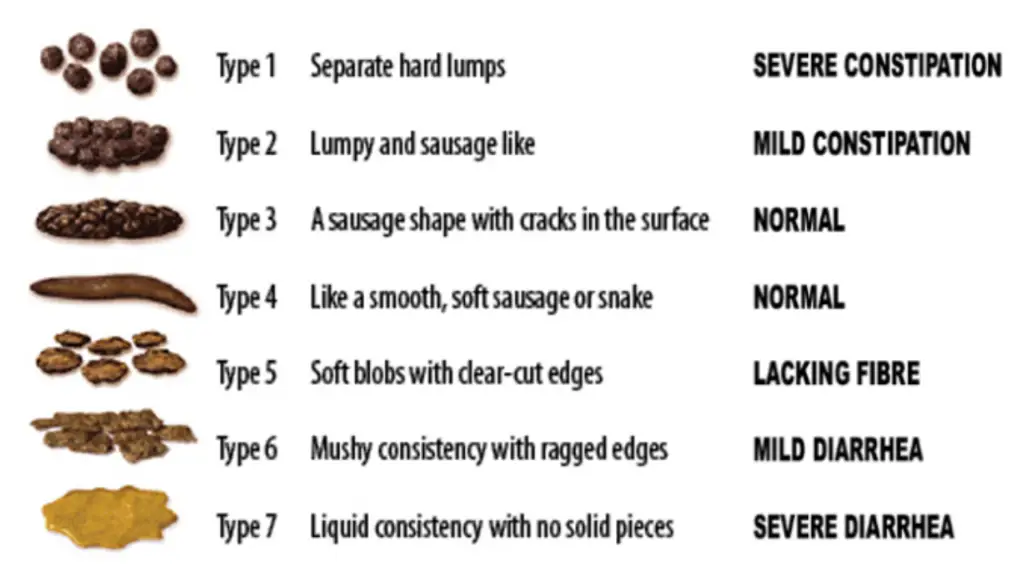



What Does Celiac Poop Look Like Health Yeah Life
Creon is a brandname prescription medication It's FDpproved to treat exocrine pancreatic insufficiency (EPI) that's caused by Cystic fibrosis (CF)CF is aHow is exocrine pancreatic insufficiency (EPI) managed or treated?Exocrine pancreatic insufficiency (EPI) is the inability to produce sufficient pancreatic enzymes to digest fats, carbohydrates, and proteins This difficulty in digestion leads to poor absorption of nutrients which commonly causes weight loss despite a normal or increased appetite




Exocrine Pancreatic Insufficiency Epi Symptoms In Humans




Exocrine Pancreatic Insufficiency What It Is And Who S At Risk
Pancreatic exocrine insufficiency (PEI) is an under diagnosed digestive disease where the pancreas does not produce the necessary amount of enzymes to digest food The prevalence of PEI is unknown This condition is underdiagnosed because its main symptoms such as diarrhea and weight loss are similar to other digestive illnesses How do we test for exocrine pancreatic insufficiency?Chronic yellow diarrhea and malabsorption are characteristic of Exocrine Pancreatic Insufficiency (EPI) EPI is a sequela of chronic pancreatitis Tips to treat yellow stool due to pancreatic conditions Avoid alcohol completely Limit fat in your diet Take a pancreatic enzyme supplement Avoid large meals, eat smaller, more frequent meals
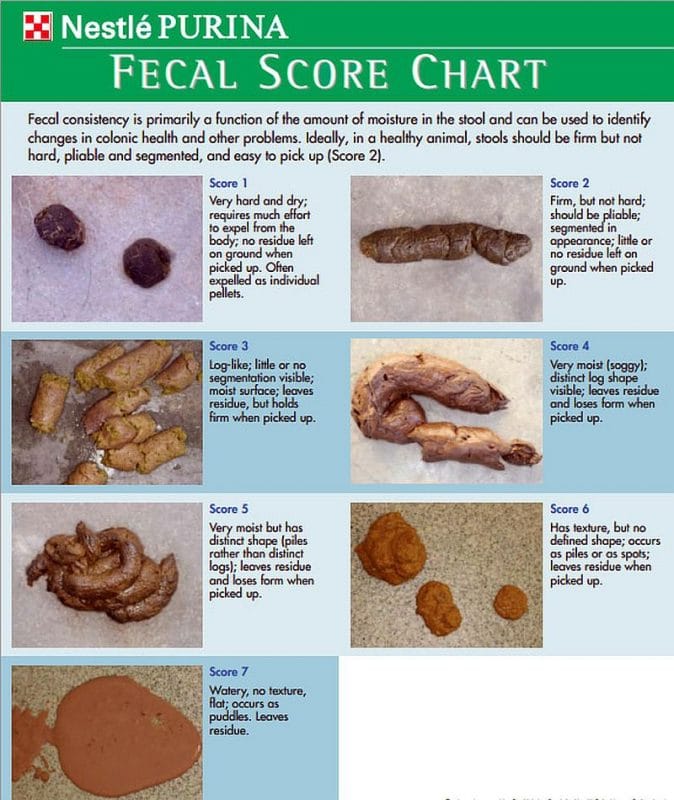



What Your Dog S Poop Color Means




Diagnosis Exclusion Of Canine Exocrine Pancreatic Insufficiency Epi
Stool that is yellow may suggest presence of undigested fat in the stool This can occur as a result of diseases of the pancreas that reduce delivery of digestive enzymes to the intestines (pancreatic insufficiency), such as cystic fibrosis, This week, my dog was diagnosed with EPI (Exocrine Pancreatic Insufficiency) Shit Literally I learned about EPI a couple of years ago and as I read more about the condition and experiences shared by pet parents, I began to think that I finally figured out the source of Rodrigo's digestive issuesPeople with exocrine pancreatic insufficiency (EPI) often have other medical conditions related to their digestive issues These health problems can be




What Does The Type Of Your Dog S Poop Mean



1
People with exocrine pancreatic insufficiency ( EPI ), a disease that interferes with the body's ability to digest fat in food, experience a host ofEXOCRINE PANCREATIC INSUFFICIENCY (EPI) Exocrine pancreatic insufficiency (EPI) is a condition characterized by deficiency of the exocrine pancreatic enzymes, resulting in the inability to digest food properly, or maldigestion Who gets EPI?Exocrine Pancreatic Insufficiency (EPI) Our Journey with Rodrigo In the fall of 19, after nearly 10 years of digestive issues, Rodrigo was diagnosed with exocrine pancreatic insufficiency His system didn't naturally produce digestive enzymes and, if left untreated, he would starve to death Thankfully, there is an easy solution to this




What Does The Type Of Your Dog S Poop Mean




Woof Goes The Beagle What The Colour Of Your Dog S Poop Can Tell You About Your Dog S Health Facebook
Diarrhea EPI can cause problems with undigested food movingtoo quickly through the digestive tract Gas and bloating Stomach pain Foulsmelling, greasy stools (steatorrhea) Weight loss One may also ask, can exocrine pancreatic insufficiency disappear?Use this exocrine pancreatic insufficiency (EPI) quiz to see if you have symptoms related to EPI Common symptoms include diarrhea, gas, bloating, stomach pain, oily stool and unexplained weight loss Also, find questions to ask your doctor Dog poop that glistens is a possible indicator of malabsorption of nutrients When you take your dog to the vet with this type of poop, they will generally look for exocrine pancreatic insufficiency (EPI), which means the pancreas isn't functioning as it should be, explains Shea Cox




Exocrine Pancreatic Insufficiency
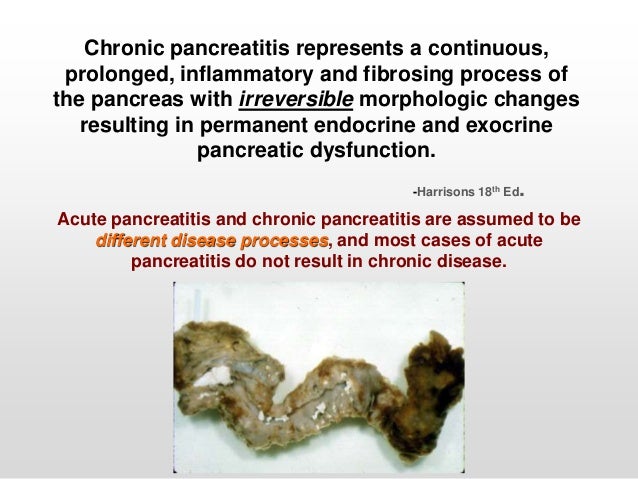



Chronic Pancreatitis
Exocrine Pancreatic Insufficiency, often called pancreatic insufficiency, is the inability of your digestive system to break down and properly digest the foods you eat Exocrine Pancreatic Insufficiency or EPI is characterized by the pancreas NOT producing enough pancreatic enzymes (protease, amylase, lipase) to promote normal digestion and the need for pancreatic The diagnosis of exocrine pancreatic insufficiency (EPI) is largely clinical It may go undetected because the signs and symptoms are similar to those of other gastrointestinal (GI) diseases or because the signs and symptoms are not always evident, due to dietary restrictions (see Presentation and Differential Diagnosis) Signs of exocrine pancreatic insufficiencyExocrine Pancreatic Insufficiency occurs when the pancreas produces insufficient quantities of digestive enzymes These enzymes are secreted into the digestive system of your cat, allowing for food to be broken down into micronutrients, which provide important support for
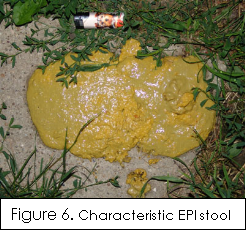



Exocrine Pancreatic Insufficiency Epi
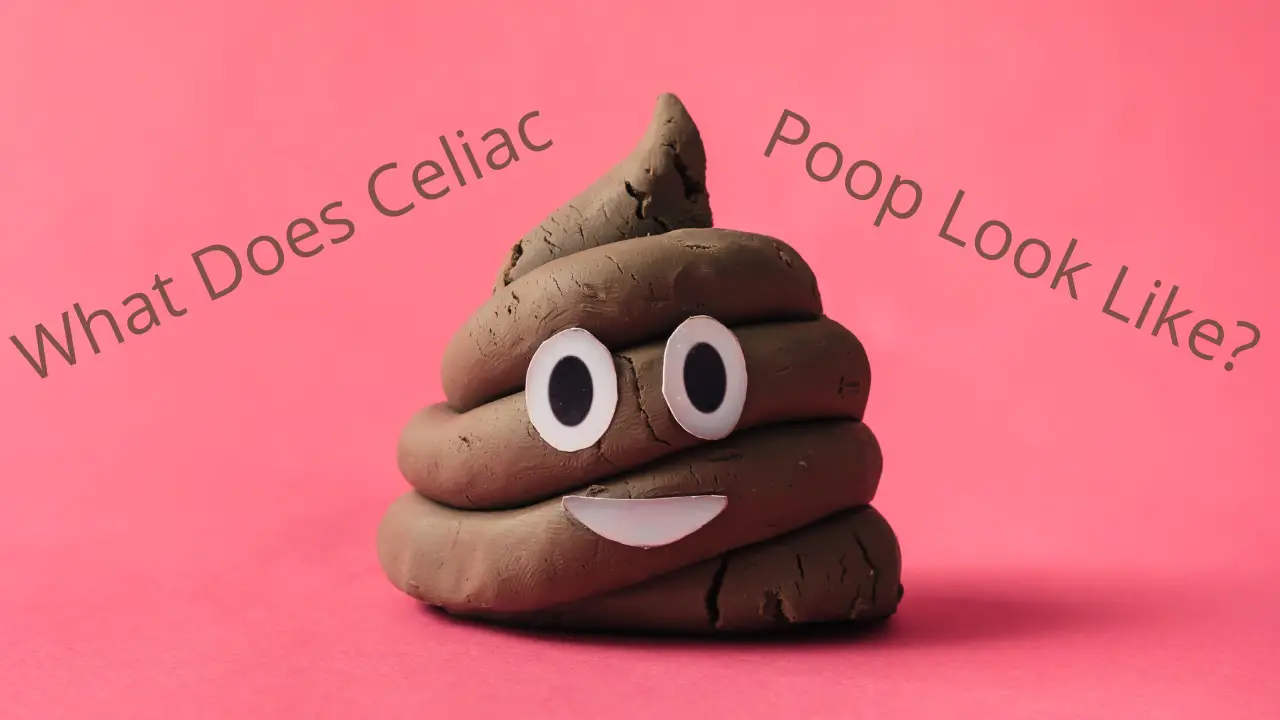



What Does Celiac Poop Look Like Health Yeah Life
Myth Routinely checking for EPI in patients with chronic diarrhea, using fecal elastase, is a useful and effective diagnostic approach with values 100–0 μg/g of stool reflecting mild to moderate pancreatic insufficiency and 100 μg/g of stool indicating severe EPI Exocrine pancreatic insufficiency (EPI) develops when your pancreas doesn't make or release enough of those enzymes This enzyme shortage leads to difficulty converting food into forms yourDogs with Exocrine Pancreatic Insufficiency (EPI) have a malabsorption and maldigestion condition where the pancreas is no longer producing enough pancreatic enzymes to digest fats, carbohydrates and proteins Because of this, dogs (and also cats) will often present with unexplained weight loss, diarrhea/cowpatty like yellow/pale stools
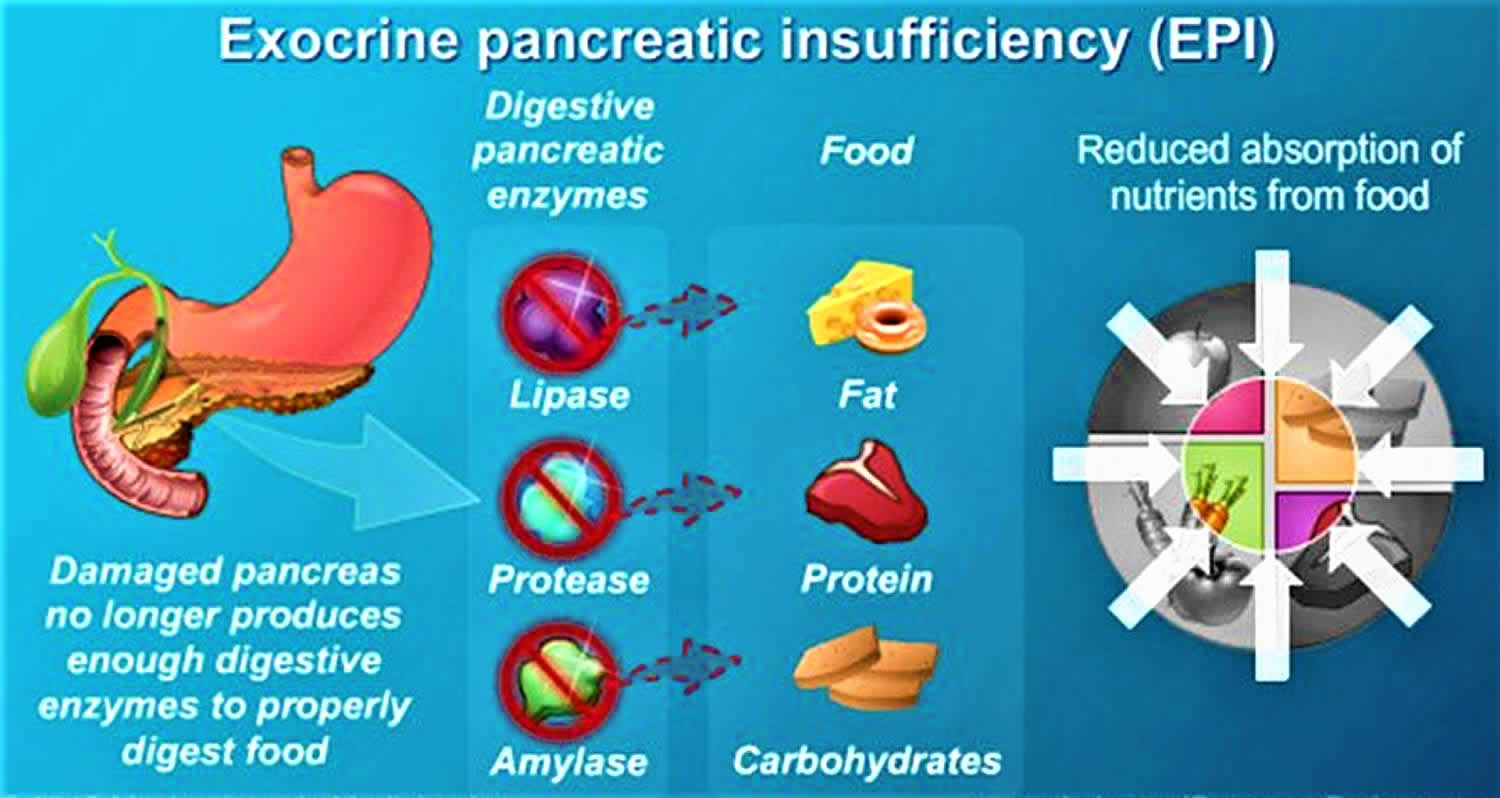



Exocrine Pancreatic Insufficiency Causes Symptoms Diagnosis Treatment




Dog Poo Chart What The Colour Is Telling You Petbarn
People with EPI cannot absorb all of the fat that they eat The undigested fat that passes through the digestive system may cause oily or greasylooking stools These stools may also smell really bad, float, and be difficult to flush Not all people experience steatorrhea, but itExocrine pancreatic insufficiency (EPI) causes problems in how you digest food Your pancreas doesn't make enough of the enzymes that your body needs to break down and absorb nutrientsBackground Patients could develop endocrine and exocrine pancreatic insufficiency after acute pancreatitis (AP), but the morbidity, risk factors and outcome remain unclear The aim of the present study was to evaluate the incidence of endocrine and exocrine pancreatic insufficiency after AP and the risk factors of endocrine pancreatic insufficiency through a longterm follow




Mucus In Dog Stool Symptoms To Watch For In Your Dog




Pancreatic Exocrine Insufficiency In Type 1 And Type 2 Diabetes More Common Than You Think Semantic Scholar
Pancreatic exocrine insufficiency is an important cause of maldigestion and a major complication in chronic pancreatitis Normal digestion requires adequate stimulation of pancreatic secretion, sufficient production of digestive enzymes by pancreatic acinar cells, a pancreatic duct system without significant outflow obstruction and adequate mixing of the pancreaticWhat are the symptoms of pancreatic insufficiency?Learn about the 3 primary tests used to diagnose EPI the fecal elastase test, the fecal fat test and the direct pancreatic function test Watch a short video with Dr Gelrud, a gastroenterologist, about what information to share with your doctor
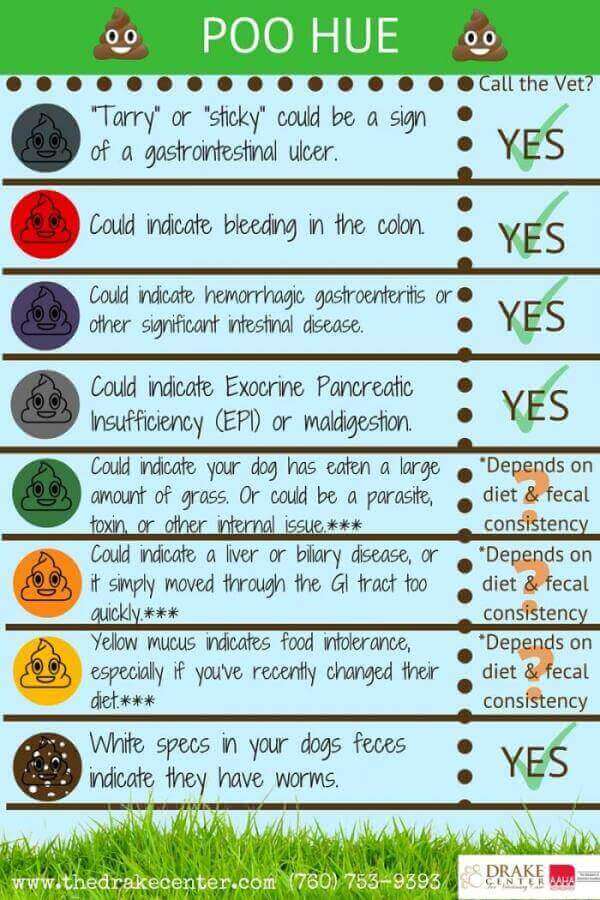



Get The Scoop What Your Pet S Poop Is Telling You




Dog Nutrient Absorption Problems Bernie S Perfect Poop Can Help
Small bowel diarrhea can also be confusing to owners, as the first part of the stool is firm, followed by soft or very loose second half of the bowel movement, which can indicate a variety of issues including small intestinal bacterial overgrowth, maldigestion, malabsorption, food intolerances, exocrine pancreatic insufficiency, dybiosis, or IBS Pancreatic insufficiency is a condition in which the pancreas is not able to produce and/or transport enough digestive enzymes to break down food in the intestine This condition is also known as exocrine pancreatic insufficiency or EPI The pancreas is a narrow, flat gland about six inches long located deep in your abdominal cavity, behind theBecause of the high amount of fat in the feces, the cat's anal area and stool appears greasy In addition, these cats will have poor hair coats and depending on the diet, may have large pieces of fat in their stool Many times, cats who have exocrine pancreatic insufficiency will also have diabetes mellitus
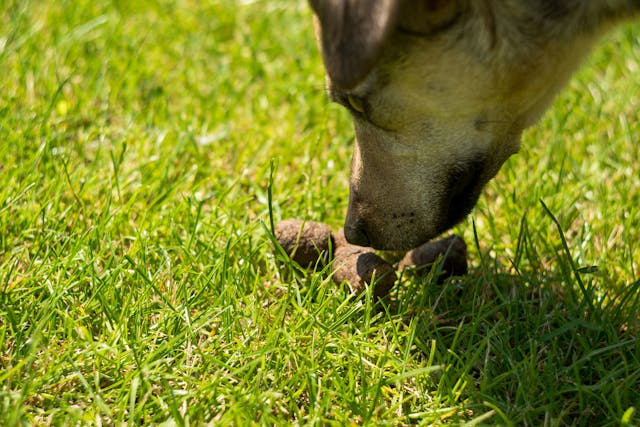



Exocrine Pancreatic Insufficiency In Dogs Symptoms Causes Diagnosis Treatment Recovery Management Cost
/diarrhea-after-eating-1944811-01-5bc5fa3446e0fb0026c414bf.png)



Causes Of Diarrhea After Eating
Exocrine pancreatic insufficiency The pancreas plays an important role in digestion so when it stops producing its enzymes , the dog will not be able to absorb all the nutrients it needs Thus, as in malabsorption syndrome, the dog will be thin, even if it has a voracious appetite and eats more than usualExocrine Pancreatic Insufficiency Although in most cases the cause of poop consumption is related to a dog's behavior, the cause can also be various health problems For example, when intestinal parasites are present, they exhaust the body and draw nutrients from it, causing your dog to feel increased hungerSymptoms of Exocrine Pancreatic Insufficiency in Dogs This condition causes digestive and stomach problems leading to intestinal overgrowth of bacteria Weight loss even though your dog seems to eating plenty or has an increased appetite Coprophagia which is a condition which causes your dog to eat its own stool




What Is Exocrine Pancreatic Insufficiency Ben S Natural Health




Pancreatic Exocrine Insufficiency Pei And Pancreatic Enzyme Replacement Therapy Pert Guts Uk
Diabetes, exocrine pancreatic insufficiency, hypochlorhydria, intestinal dysbiosis, and malnourishment are just a few disorders that often cause dogs to eat poop Exocrine Pancreatic Insufficiency (EPI) Exocrine pancreatic insufficiency (EPI) is a problem in digesting food due to a lack of the correct digestive enzymes




Exocrine Pancreatic Insufficiency Clinical Gastroenterology And Hepatology
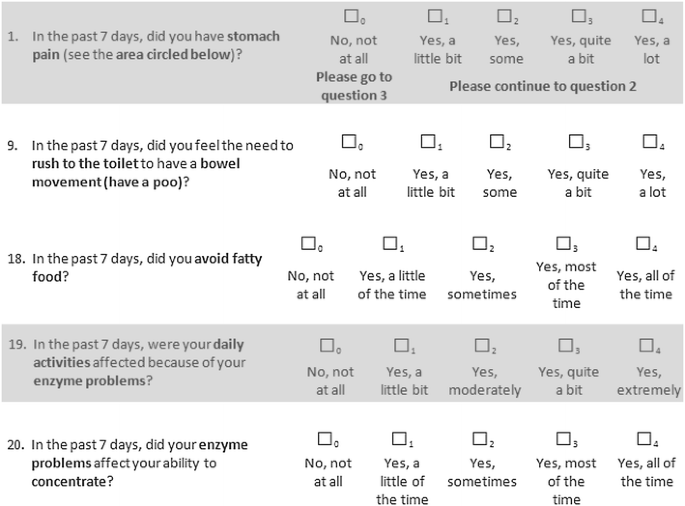



Qualitative Assessment Of The Symptoms And Impact Of Pancreatic Exocrine Insufficiency Pei To Inform The Development Of A Patient Reported Outcome Pro Instrument Springerlink




What Does Dog Poop Color Mean Caninejournal Com




Raw Food For Pets The Scoop On Poop




Introduction To Pancreatic Disease Chronic Pancreatitis Pancreapedia




Epi4dogs Poop Chart Managing Epi Non Profit Educational Resource Forum




Symptoms Of Exocrine Pancreatic Insufficiency Everyday Health




How To Diagnose Exocrine Pancreatic Insufficiency How To




Pdf Exocrine Pancreatic Insufficiency In The Cat Semantic Scholar




The Ultimate Dog Poop Color Guide What Color Is Your Dog S Poop



Slide Show Exocrine Pancreatic Insufficiency Epi
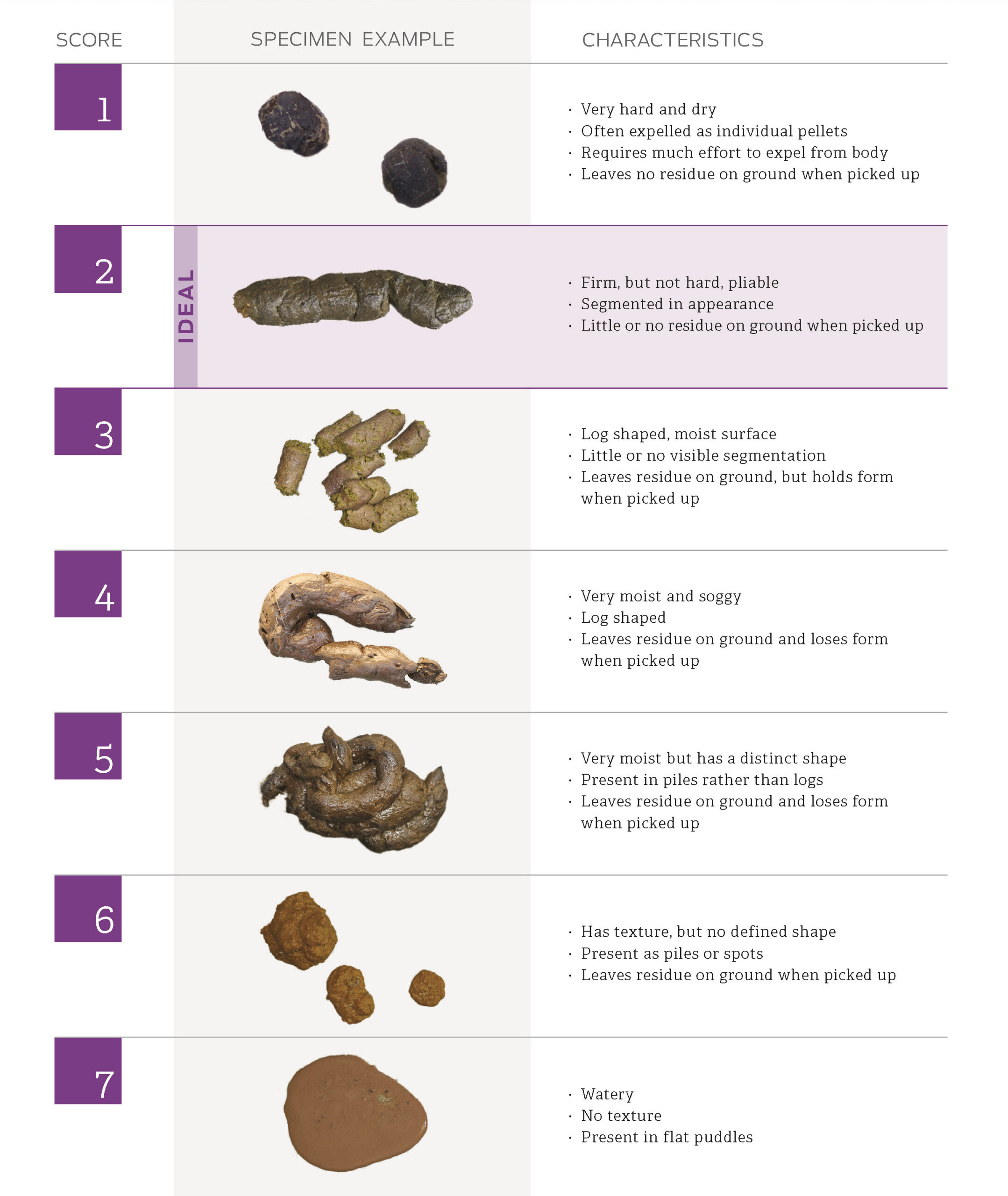



Diarrhea The Animal Medical Center



Cat Diarrhea What You Need To Know Animalbiome




Epi4dogs Poop Chart Managing Epi Non Profit Educational Resource Forum




Measuring Pancreatic Elastase To Diagnose Pancreatic Disease Alpco




7 Reasons Why Your German Shepherd Eats Poop 7 Tips




How To Diagnose Exocrine Pancreatic Insufficiency How To




3 Ways To Diagnose Exocrine Pancreatic Insufficiency Wikihow
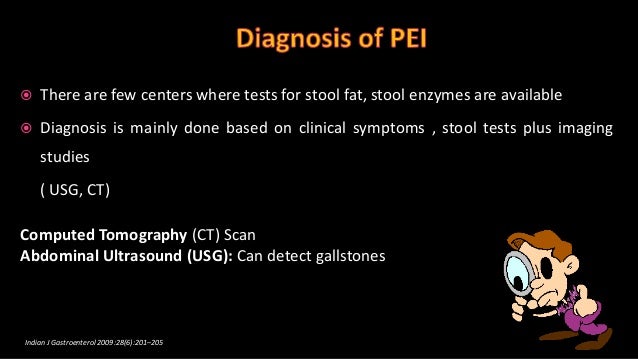



Basics Of Pancreatitis And Pancreatic Exocrine Insufficiency
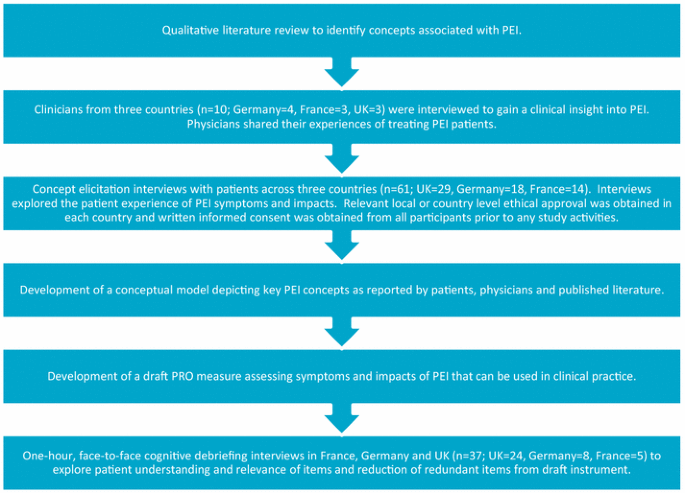



Qualitative Assessment Of The Symptoms And Impact Of Pancreatic Exocrine Insufficiency Pei To Inform The Development Of A Patient Reported Outcome Pro Instrument Springerlink




Fastest Why Do I Have Undigested Food In My Stool




Exocrine Pancreatic Insufficiency In Dogs Vca Animal Hospital
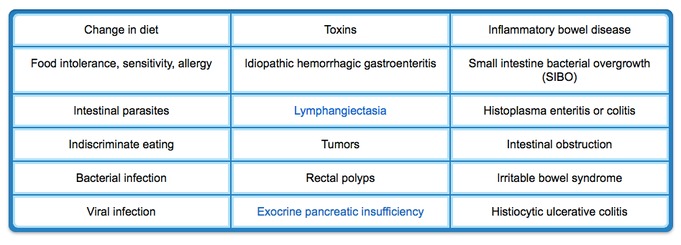



When Your Dog S Poop Looks Like This Visit Your Vet Friends Of The Dog



1




A Primer On Exocrine Pancreatic Insufficiency Fat Malabsorption And Fatty Acid Abnormalities




Pancreatitis In Dogs Part 2 Feed Low Fat Dog Food Dogsfirstireland




Herriman City Animal Services Did You Know Your Pet S Stool That Can Be An Indicator Of Their Health Not Only Is It Important To Monitor What Goes Into Your Dog S Body
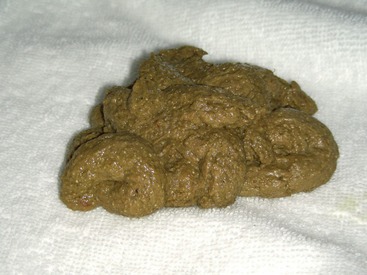



Exocrine Pancreatic Insufficiency Veterian Key




Diagnosis Exclusion Of Canine Exocrine Pancreatic Insufficiency Epi




Who S At Risk Of Exocrine Pancreatic Insufficiency Infographic Everyday Health
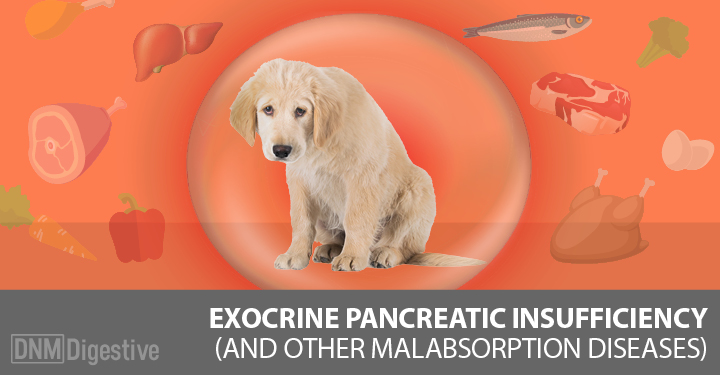



Epi And Other Digestive Diseases In Dogs Dogs Naturally



2




6 Ways To Relieve Constipation From Exocrine Pancreatic Insufficiency




Yellow Dog Poop Should You Worry About It Here S What To Know




Exocrine Pancreatic Insufficiency In Dogs Whole Dog Journal




Management Of Exocrine Pancreatic Insufficiency In Children Sankararaman 19 Nutrition In Clinical Practice Wiley Online Library




8 Zoey Epi Ideas Constipated Dog Dog Has Diarrhea Gsd Dog




Dog Diarrhea Dog Health Today




Exocrine Pancreatic Insufficiency In Dogs Tuftsyourdog




Epi Management For Australian Dogs Pdf Free Download
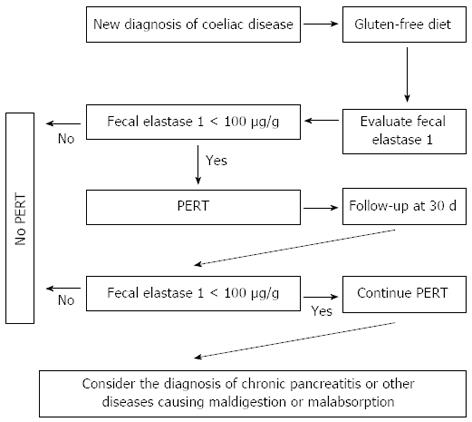



Exocrine Pancreatic Insufficiency In Adults A Shared Position Statement Of The Italian Association For The Study Of The Pancreas




Be A Turd Nerd Study This Healthy Dog Poop Chart Oh Blog
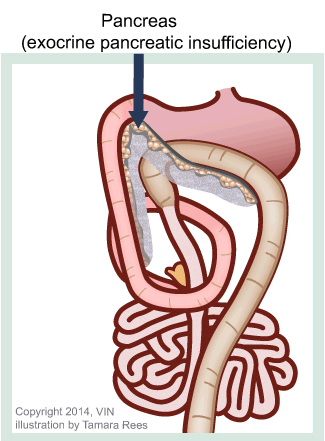



Exocrine Pancreatic Insufficiency Mar Vista Animal Medical Center



1
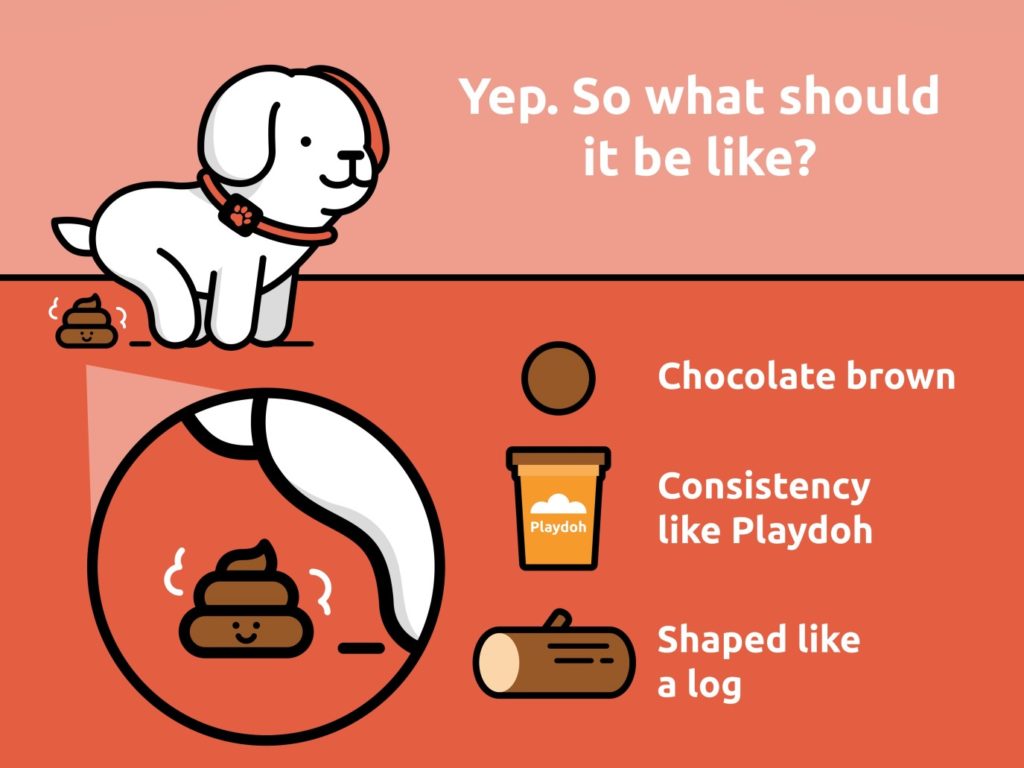



Upkuxzikooip4m



Dog Diarrhea Causes And Treatment Video Article And Infographic Petmd
/exocrine-pancreatic-insufficiency-4177936-821-618578bea845406fa96c78167aff8657.png)



Exocrine Pancreatic Insufficiency Symptoms Causes And Diagnosis



The Color Wheel Of Dog Poop Sportleash




Types Of Dog Poop And What They Mean Dog Poop Chart




Epi And Other Digestive Diseases In Dogs Dogs Naturally
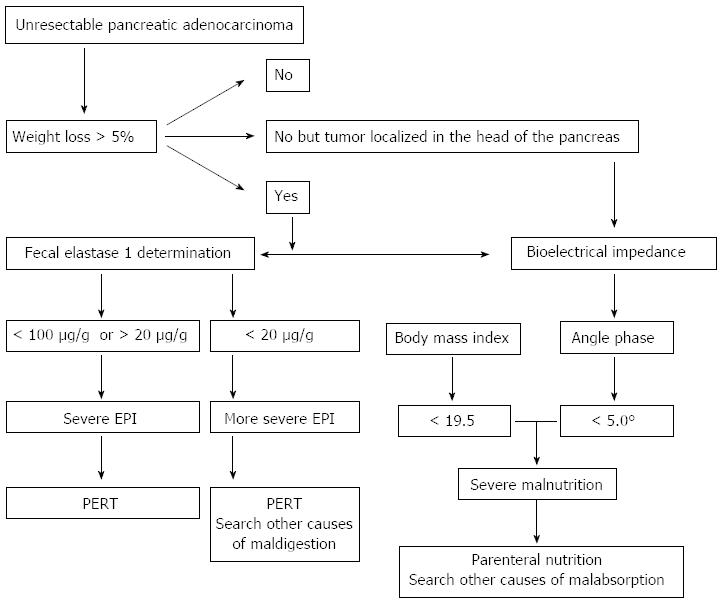



Exocrine Pancreatic Insufficiency In Adults A Shared Position Statement Of The Italian Association For The Study Of The Pancreas




Shiny Oily Fatty Stools Steatorrhea Health Remedies Joyful Belly School Of Ayurveda




Is Epi Reversible




Dogs Eat Poop When They Re Bored Or Have A Nutritional Deficiency




Poop Meaning Poop Jbqhd




A Primer On Exocrine Pancreatic Insufficiency Fat Malabsorption And Fatty Acid Abnormalities




Raw Food For Pets The Scoop On Poop




Exocrine Pancreatic Insufficiency In Dogs Clinician S Brief



1
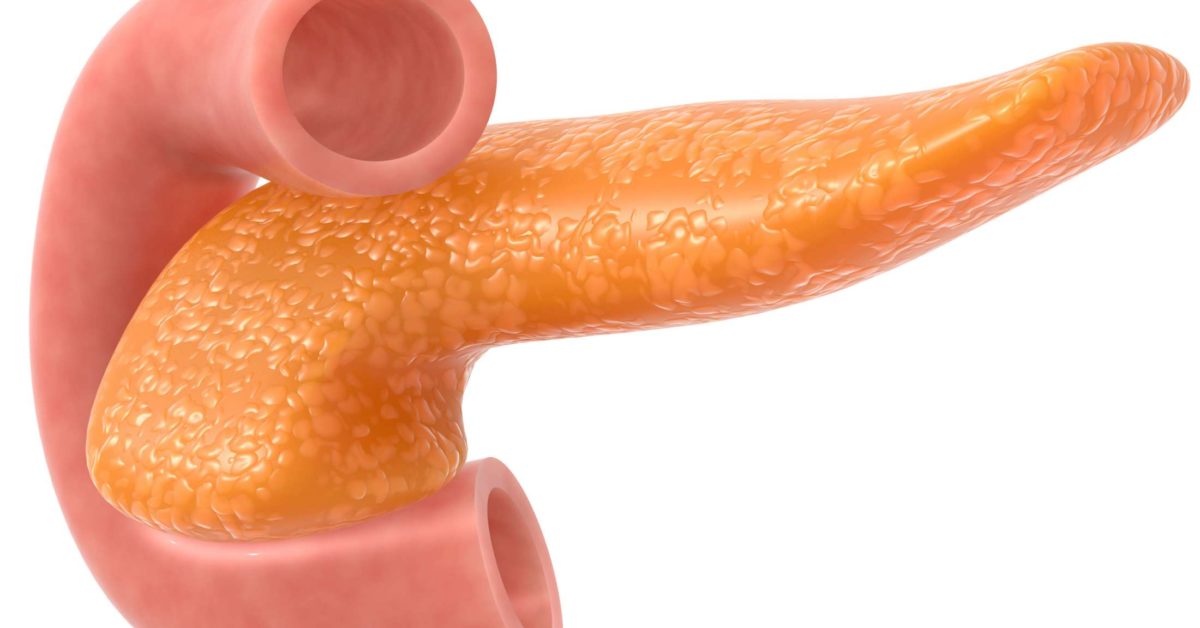



Exocrine Pancreatic Insufficiency Definition Causes And Symptoms
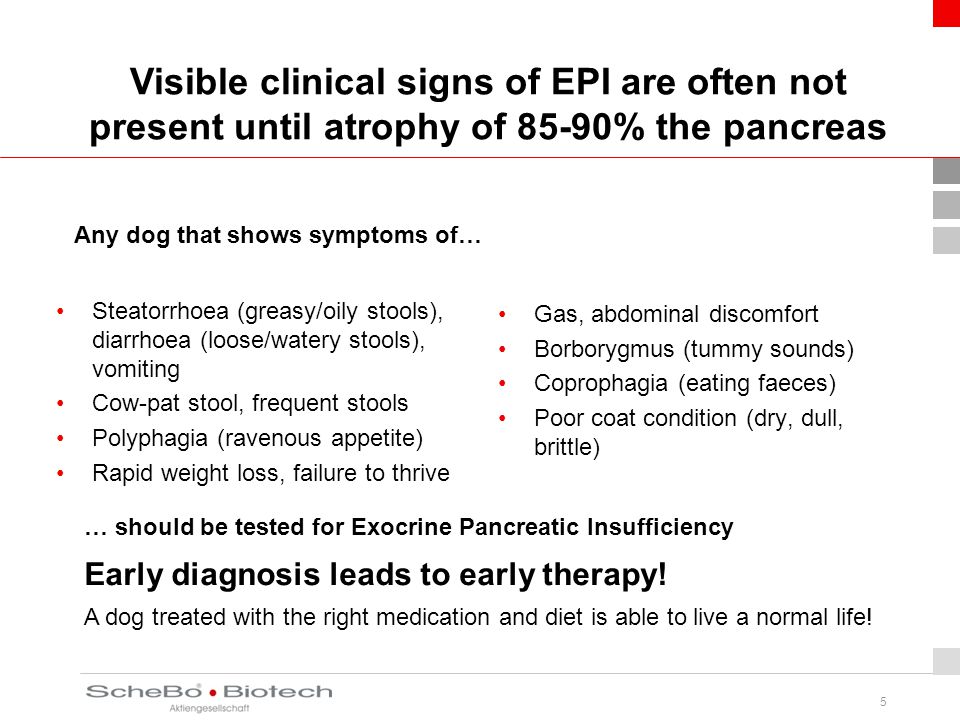



Diagnosis Exclusion Of Canine Exocrine Pancreatic Insufficiency Epi Ppt Video Online Download
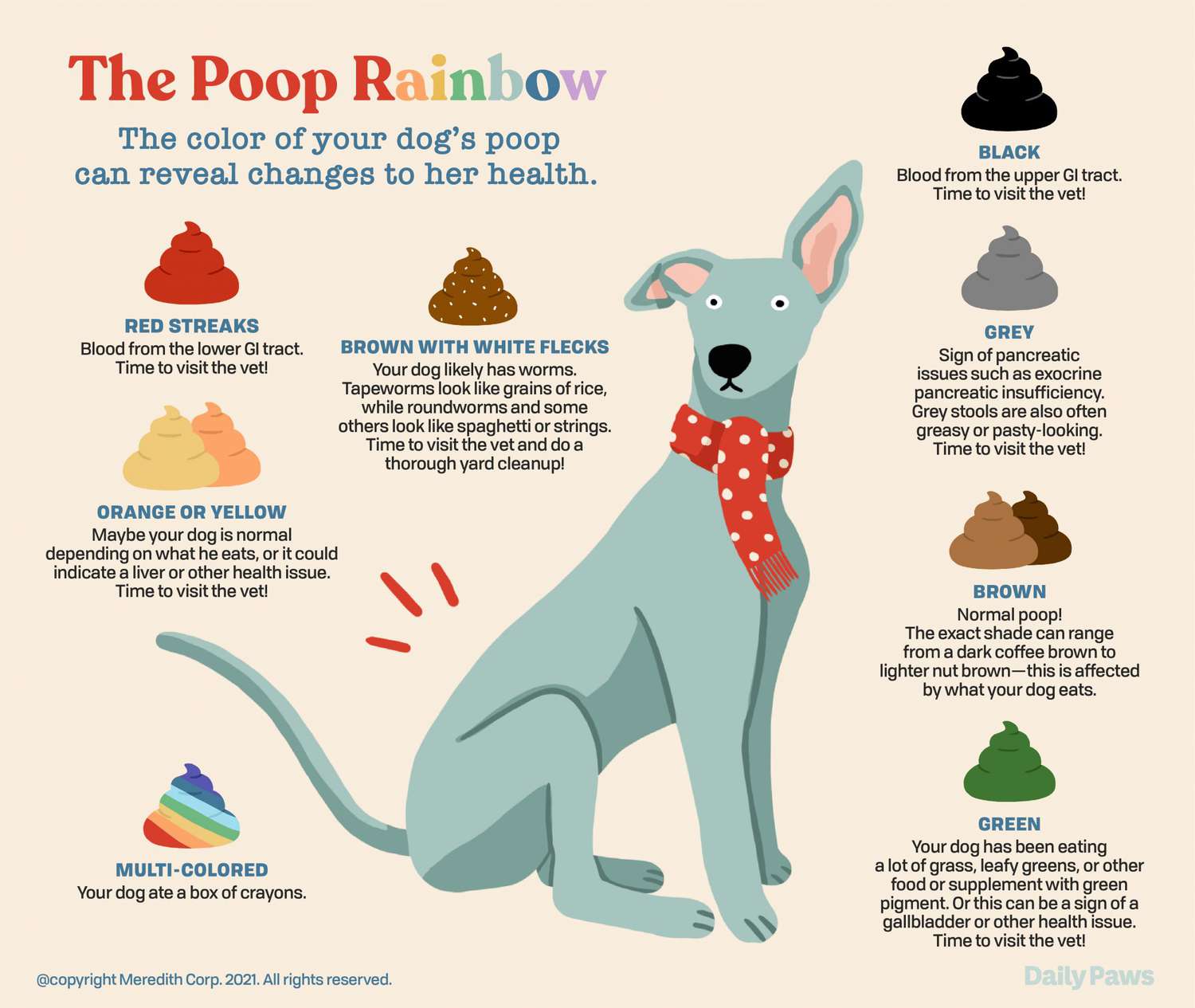



Dog Diarrhea Causes Treatment And What Your Dog S Poop Says About Their Health Daily Paws
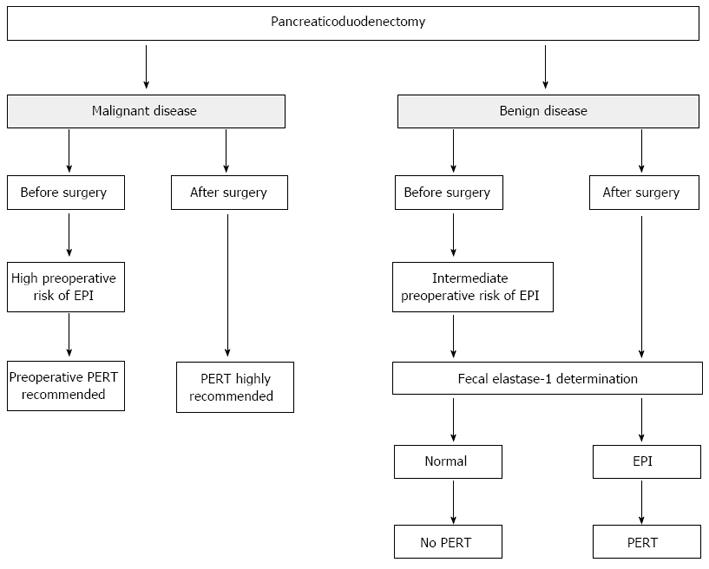



Exocrine Pancreatic Insufficiency In Adults A Shared Position Statement Of The Italian Association For The Study Of The Pancreas




What You Should Know About Exocrine Pancreatic Insufficiency Epi Ariel Insights




The Ultimate Dog Poop Color Guide What Color Is Your Dog S Poop




Dog Poop Color Chart With Pictures The Guide To What It All Means



Economie A Creste Repera Cu Precizie Pancreatitis Stool Pictures Caneczadeposu Com
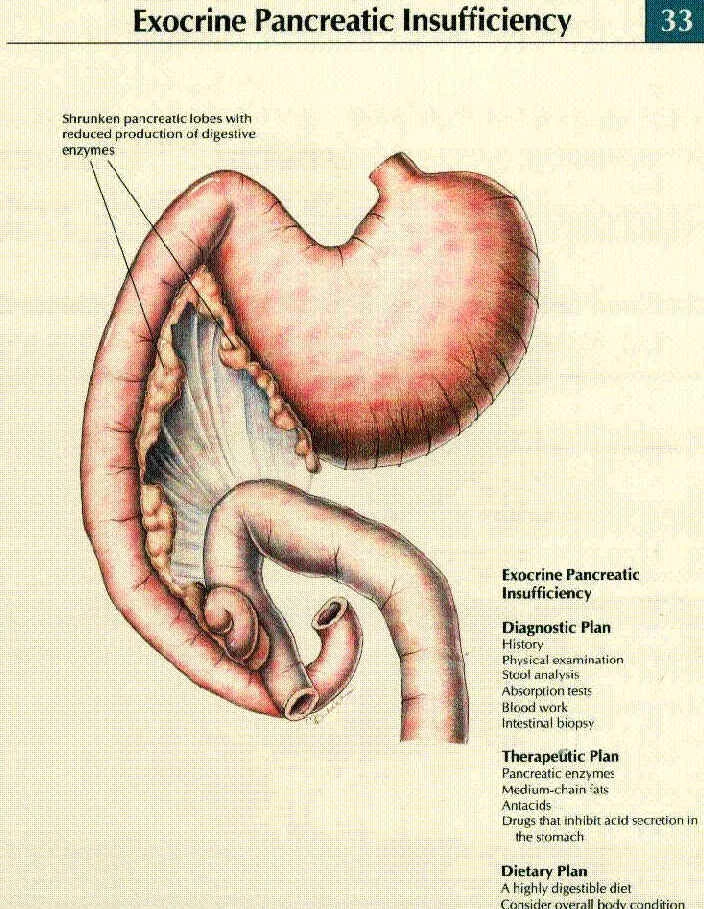



Exocrine Pancreatic Insufficiency Canine Diabetes Wiki Fandom




3 Ways To Diagnose Exocrine Pancreatic Insufficiency Wikihow




Fatty Stool 10 Reasons You Re Having Oily Stool Treatment More
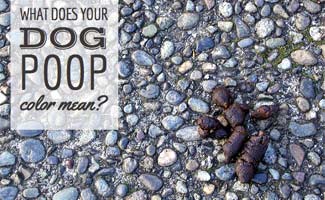



What Does Dog Poop Color Mean Caninejournal Com




Dog Poop Chart Is It Normal What To Look For Besides Colour




How To Feed A Raw Fed Dog With Epi Keep The Tail Wagging
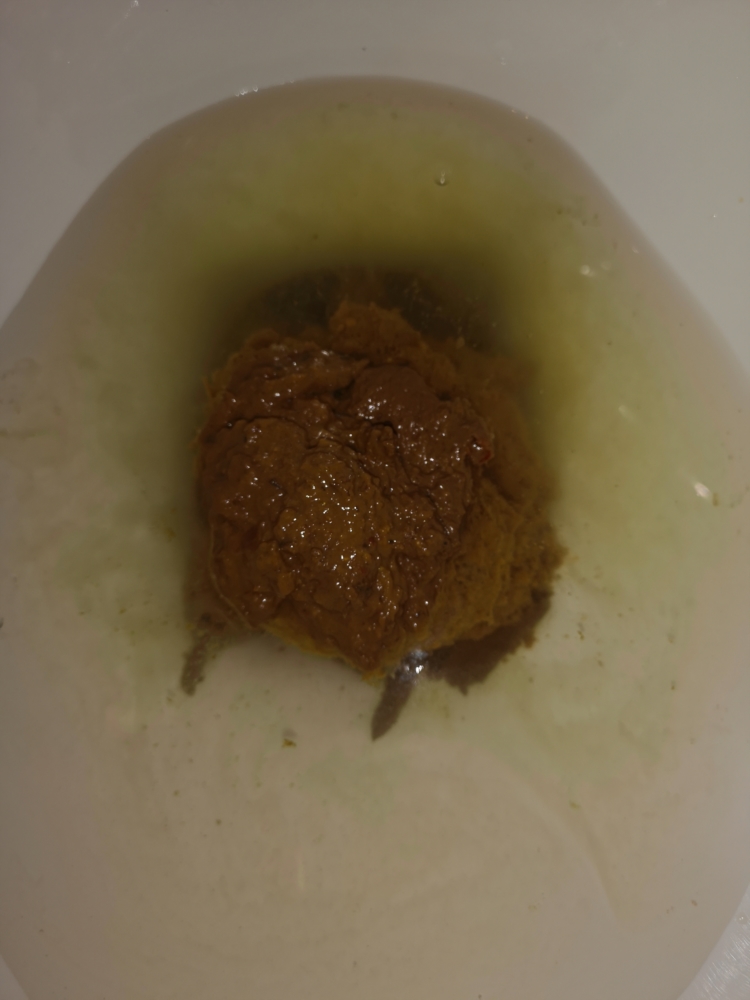



Need Your Thoughts Please Scared Of Possible Cp Page 2 Pancreatitis And Pancreatic Disorders Forums Patient




Signs And Symptoms Of Pancreatic Cancer Pancreatic Cancer Action Network
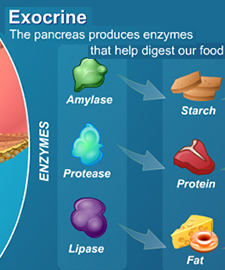



Exocrine Pancreatic Insufficiency Beating Pancreatitis




Pancreatic Exocrine Insufficiency Gastrointestinal Society
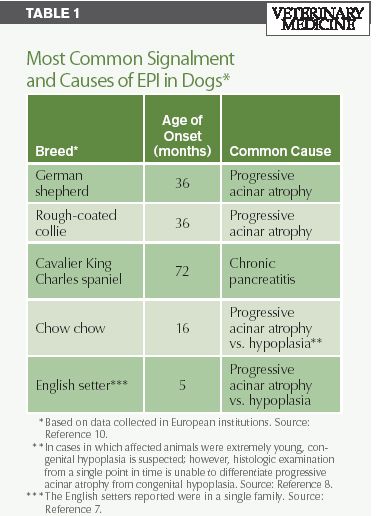



A Quick Review Of Canine Exocrine Pancreatic Insufficiency
コメント
コメントを投稿